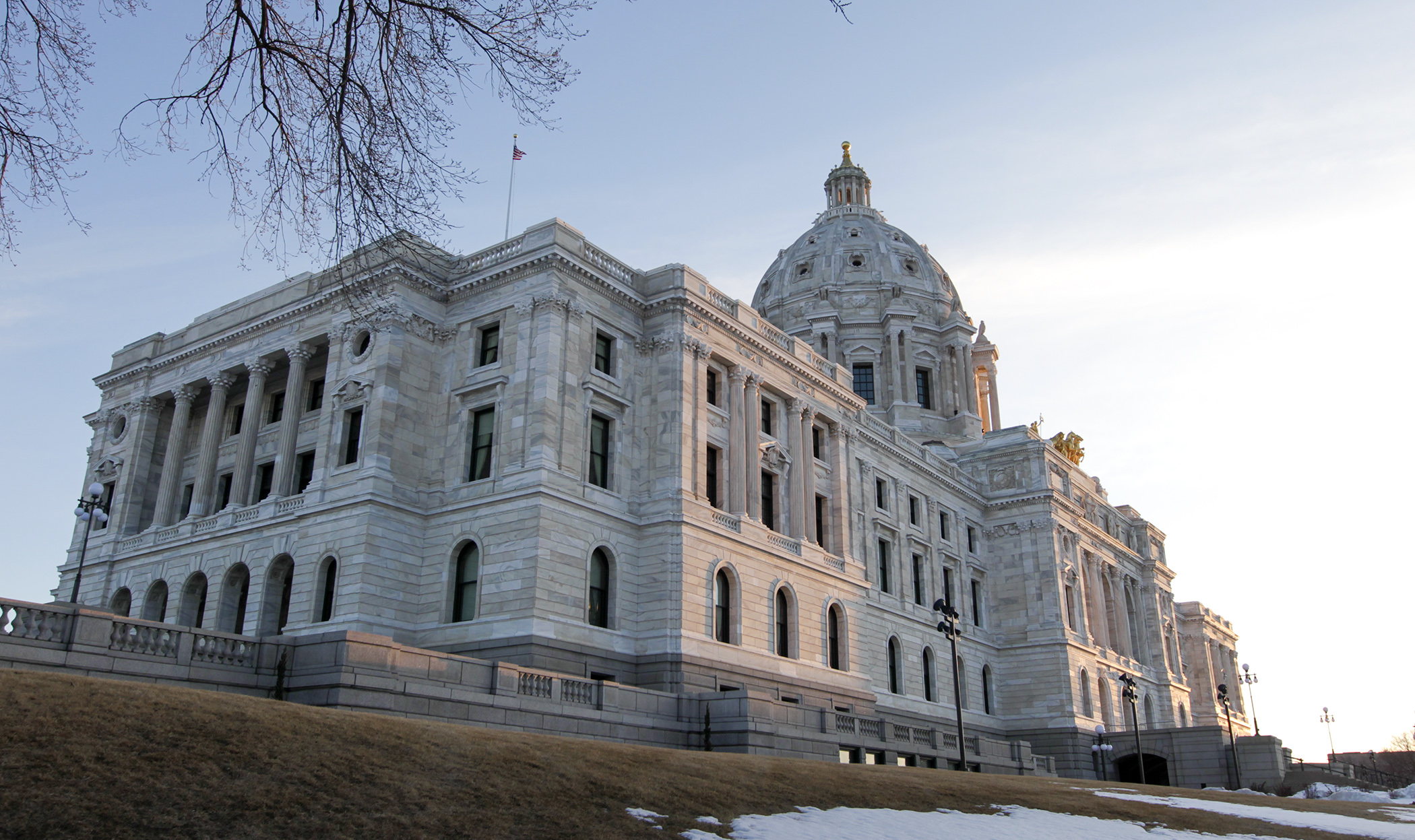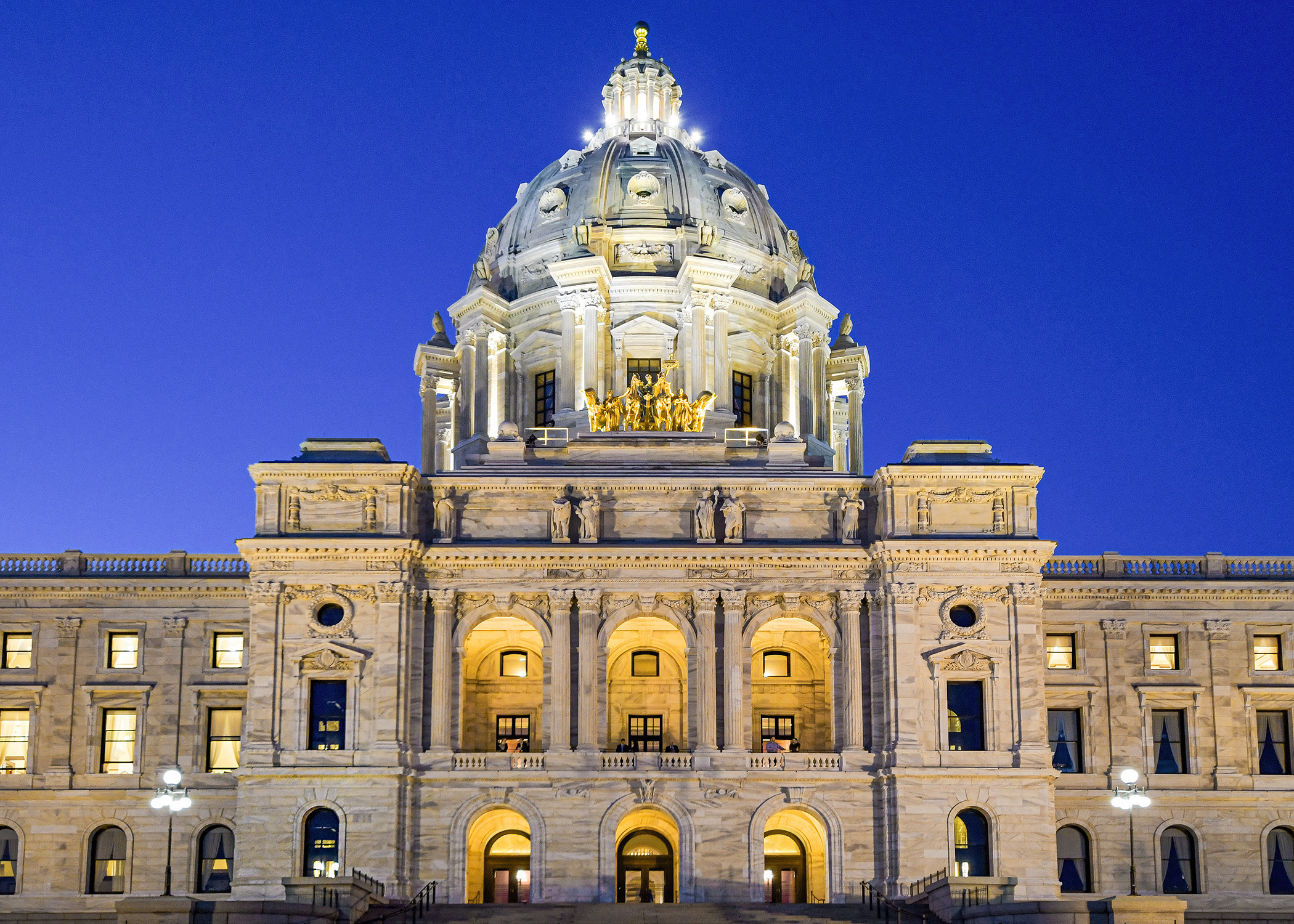Extra unemployment benefits may not be taxed after all

More federal assistance means more tax considerations. As new government programs were created to fight off the economic effects of COVID-19, legislators in Minnesota are confronted with the challenge of what money gets taxed at the state level.
A high priority for many legislators is creating a tax subtraction for the Paycheck Protection Program loans that many businesses received to keep their workforce employed during the pandemic. A subtraction would allow the loans to be deducted from federal adjusted gross income.
But how about individuals who received supplemental unemployment insurance benefits from the feds? Should those be non-taxable, as well?
Rep. Zack Stephenson (DFL-Coon Rapids) thinks so. He’s the sponsor of HF1658 which would provide a temporary subtraction for those supplemental benefits, effective for tax years 2020 and 2021.
The bill was laid over Tuesday by the House Taxes Committee for possible inclusion in an omnibus bill. It has no Senate companion.
Just as the state currently considers PPP loans taxable income for businesses, so are the unemployment benefits for individuals. The federal government authorized multiple rounds of supplemental benefits in 2020.
“The state saw a surge in unemployment applications unlike any we’d seen,” Stephenson said. “Last spring, there were more applications in three weeks than in all of 2019. The CARES Act provided $600 in weekly unemployment benefits, as well as another program for gig workers and independent contractors.
“Two massive programs were created, and DEED [the state’s Department of Employment and Economic Development] did remarkably well. But speed is not without cost. In order to get them out the door, they didn’t figure [state] taxes on those. Now many are facing an unexpected tax burden. This would provide an exception for those benefits received. The recovery has been historically inequitable. If we can afford a tax cut for anyone, it should be those most vulnerable.”
The Department of Revenue estimates that the proposed changes would reduce General Fund revenues by $237.9 million in fiscal year 2022, but would have no fiscal impact in ensuing years.
While no members objected to the proposed legislation, a discussion ensued about what the state’s reaction should be if the $2 trillion relief package currently being debated in Congress should become law.
“The federal government would allow a subtraction up to $10,200,” said the committee chair, Rep. Paul Marquart (DFL-Dilworth). “It’s not signed into law, but it’s being considered at this time.”
One of the provisions currently in play in Washington would be another round of $600 weekly unemployment benefit payments continuing through Labor Day. Nonpartisan House Research Department staff say the current federal bill applies to tax year 2020 only, while HF1658 would cover tax years 2020 and 2021.
While Rep. Pat Garofalo (R-Farmington) said he has drafted an amendment to bring the state into conformity with the latest incarnation of the proposed legislation being debated in Congress, Marquart posited that it would be better to wait until the committee sees what’s signed into law.
“The communication I’m getting from constituents is that the people who have been unemployed don’t have the money to pay these tax bills,” Garofalo said. “We really need to get this done. This can’t wait until the omnibus bill at the end of session.”
Marquart said House leadership has been receptive to the idea of passing something sooner on both unemployment benefits and PPP loans.
“We needn’t go down a path like we did with Section 179 [equipment expensing] in which it took us two years to conform,” said Rep. Jerry Hertaus (R-Greenfield). “Passage before spring break would be great.”
Related Articles
Search Session Daily
Advanced Search OptionsPriority Dailies
House closes 2024 session in chaotic fashion, trading bonding for budget boosts
By Rob Hubbard It was a session of modest ambitions.
After 2023 produced a record $72 billion in biennial funding, Minnesota’s legislative leaders were dampening expectations for anything ...
It was a session of modest ambitions.
After 2023 produced a record $72 billion in biennial funding, Minnesota’s legislative leaders were dampening expectations for anything ...
Ways and Means Committee OKs proposed $512 million supplemental budget on party-line vote
By Mike Cook Meeting more needs or fiscal irresponsibility is one way to sum up the differences among the two parties on a supplemental spending package a year after a $72 billion state budg...
Meeting more needs or fiscal irresponsibility is one way to sum up the differences among the two parties on a supplemental spending package a year after a $72 billion state budg...